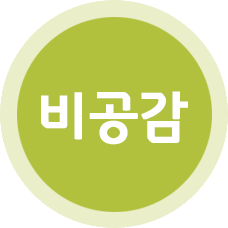-
 본인삭제금지
본인삭제금지
| 옵션 |
|
Letter on “Twenty-first Century Genetics: Power and Responsibility” by Jasmine Chiu
The article “Twenty-first Century Genetics: Power and Responsibility”, written by Jingwen Zhang in 2013, discussed the uses and complications of recent genetic discoveries. She argued that scientists have to educate the general public about the drawbacks of genetic and genome research, in order to make this research reach its full potential. Interestingly, I have also written an essay on the benefits of scientific developments like genetic testing, and argued that genetic research is helping us improve the human race, because “gene therapy is a milestone in modern medicine”, and “if being able to cure cancer and genetic disorders is not called improving the human race, I don’t know what is”. However, after reading Zhang’s article, I was prompted to rethink my claim. Like Zhang mentioned, genetic testing also involves issues such as the exclusion of non-genetic carcinogens, eugenics, and privacy. The human genome project, for example, founded an Ethical, Legal, and Social Implications (ELSI) Program to address how this project can affect “individuals, families, and society”, explained by the U.S. National Library of Medicine. This shows that the bioethics of genetic testing is also essential in this project. Zhang raised thoughtful points, but what is still crucial to examine is the moral of scientific research. Some argue that scientists are treating humans like mere biological objects. Are we playing god when trying to manipulate our human genes? How much should we know about ourselves before it becomes too much? Our knowledge about science is our own power. Like President Bush once said, “the powers of science are morally neutral - as easily used for bad purposes as good ones”. I believe that genetics research can only be beneficial when it is morally justified with the right purposes. Therefore, science and its ethics are inseparable, and should always be equally studied.



